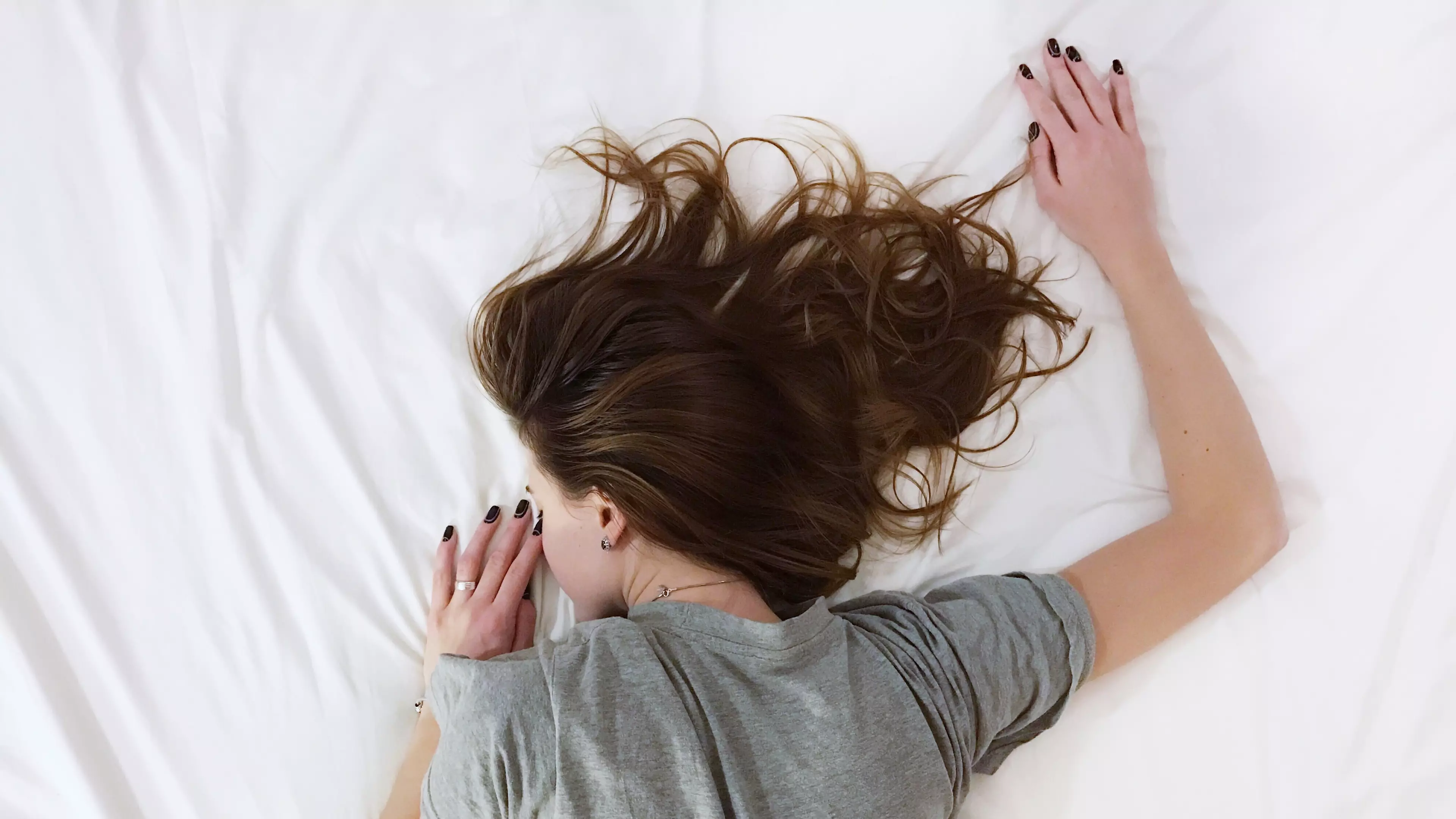
You know that dreaded, nerve-shredding feeling the morning after a big night out, when the cold sweats set in as you desperately try to piece together your evening?
Yep, most of us have been there, and trying to fill in those memory blanks often throws up anxiety-inducing questions.
Advert
What did I say? Have I drunk-dialled the ex? Did I accidentally snog Stuart in accounts?
Hangover angst, also known as 'beer fear' or 'hangxiety', is commonplace, and for some people it can be crippling.
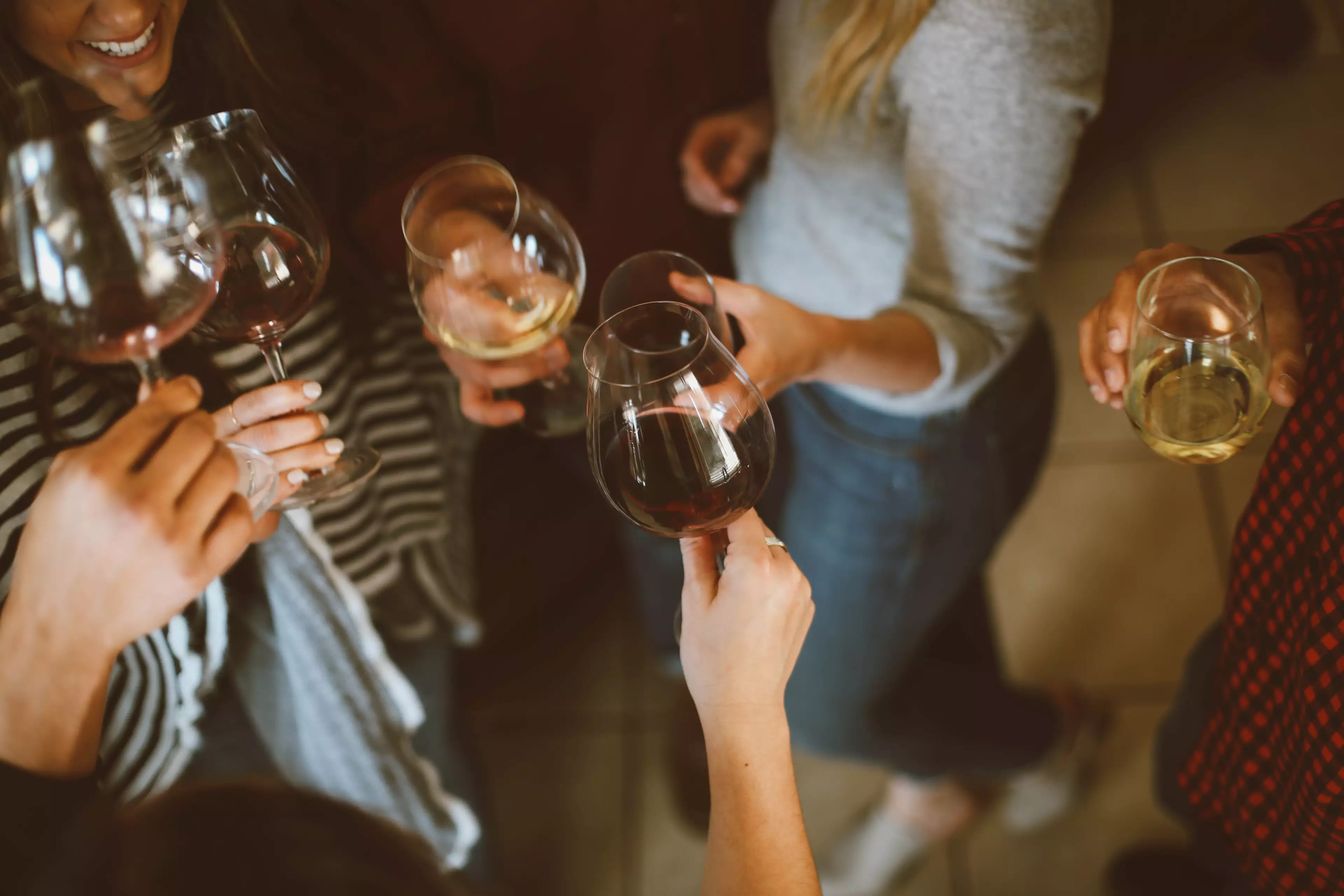
The good news is that the majority of hangover angst is chemical-related, and the scenarios we create in our heads are unlikely to be as bad as we imagine.
Advert
But why is 'hangxiety' a thing to begin with?
Dr Elizabeth Hawke, Psychiatrist at South London & The Maudsley NHS Foundation Trust, tells Tyla that it's all down to our brains rebalancing the chemical changes that happen on a boozy night out.
"Alcohol stimulates a brain chemical called GABA, which helps us feel relaxed," she says.
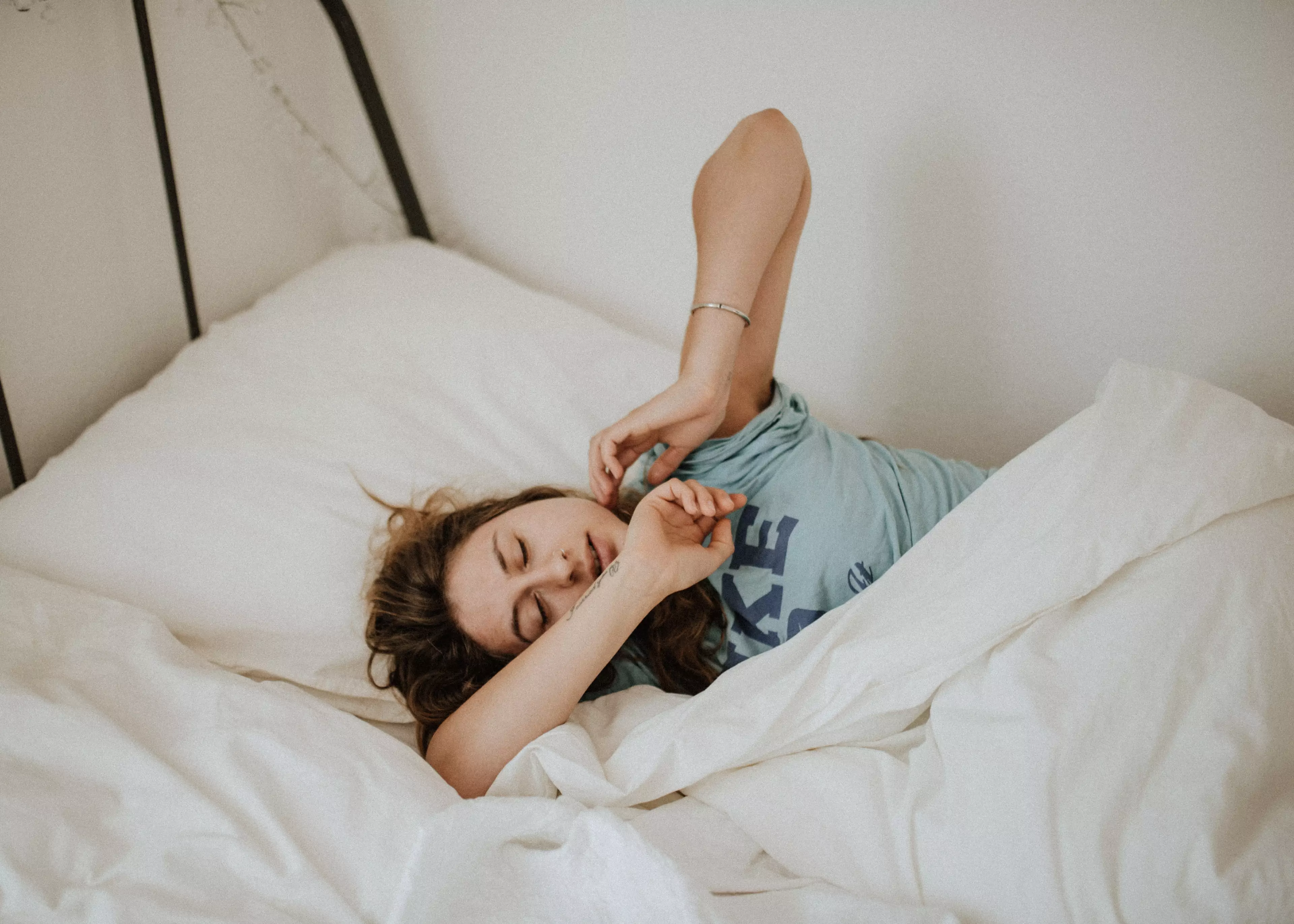
Advert
"When we drink more than a couple of glasses, another brain chemical called glutamate, responsible for transmitting fear signals, decreases," she continues.
It's these chemical changes that make us feel happy and relaxed when we drink. But the following day, our brains sense an imbalance, and try to regulate it.
The result? A surge in glutamate and reduction in GABA. On a chemical level, this is why we feel so imbalanced when hungover.
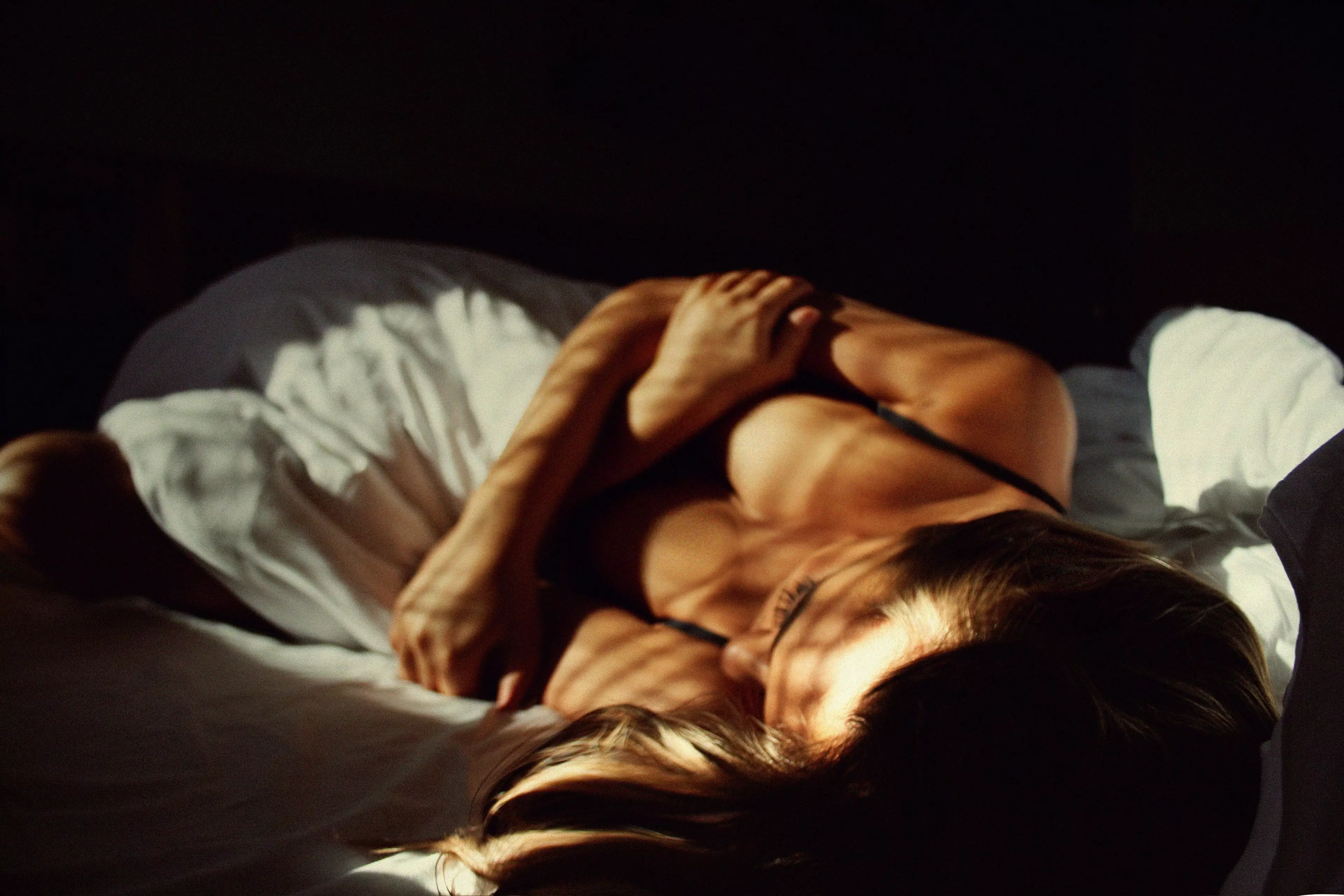
Advert
Throw in the wider effects of drinking - dehydration, hunger, low blood sugar, increased heart-rate - and it's no wonder we feel low in mood.
Tiredness makes us more likely to hide ourselves away, which Hawke explains is "something we associate with feelings of guilt".
How about those pesky memory blanks and what may have happened during them?
"Glutamate helps us lay down memories," says Hawke. "Once we have a certain percentage of alcohol in your bloodstream, our glutamate dips, and our brains are unable to lay down memories."
Advert
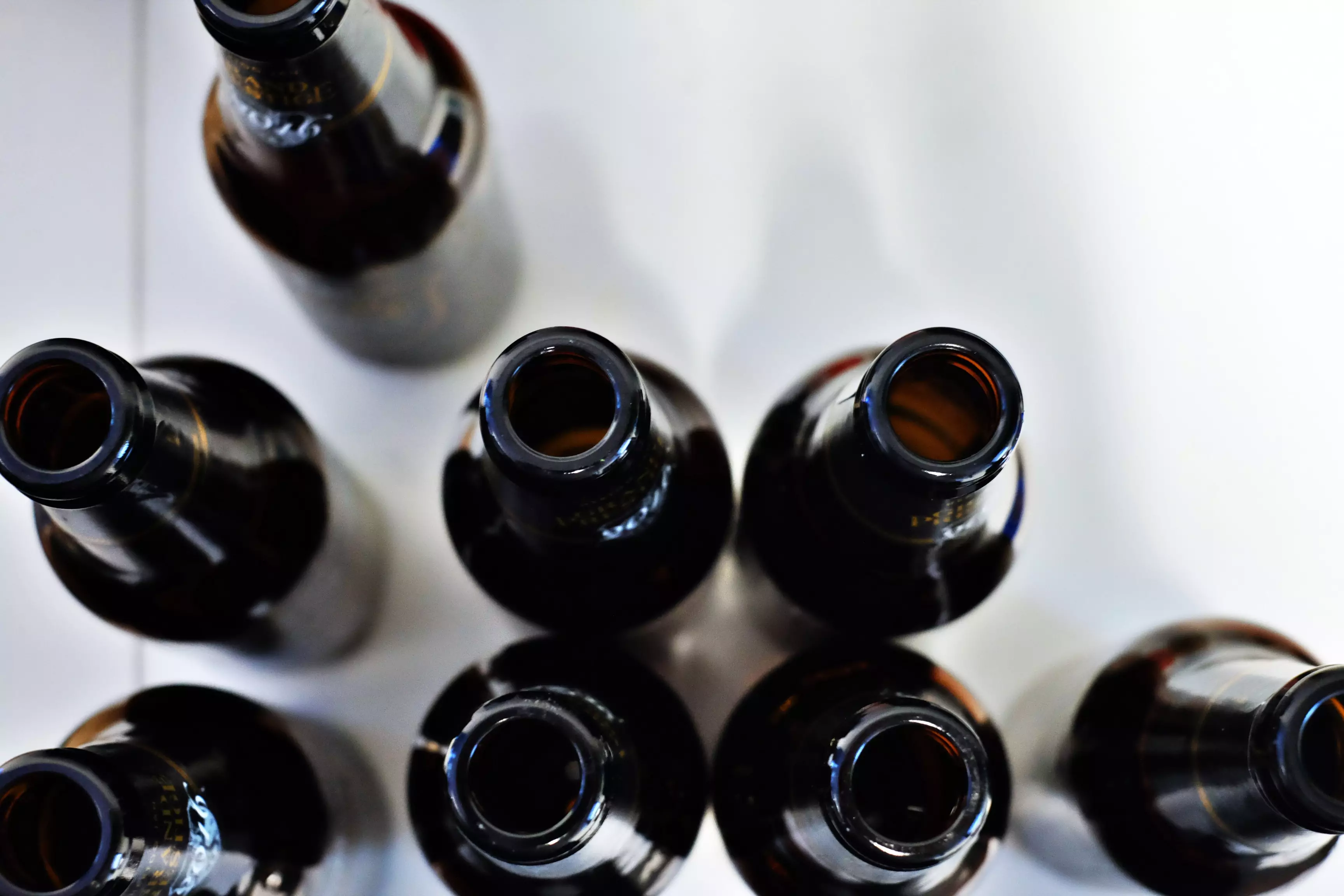
When the morning after rolls around and we can't remember what happened, we tend to fill in the blanks with the worst things possible.
"As humans, we're hardwired to assume the worst," continues Hawke. "It's this basic instinct that prevents us taking risks that may cause harm to ourselves.
"This means the scenario you're creating in your head is highly unlikely to be as bad as you imagine," she adds.
So, while it's true that alcohol loosens our inhibitions and increases our chances of behaving in ways we wouldn't normally, the chemical aftermath makes us prone to overanalysing our actions.
"The bottom line is, it's not as bad as you think it is," says Hawke, "and there are plenty of things that we can do to mediate the physiological impact of alcohol that feeds into our anxieties."
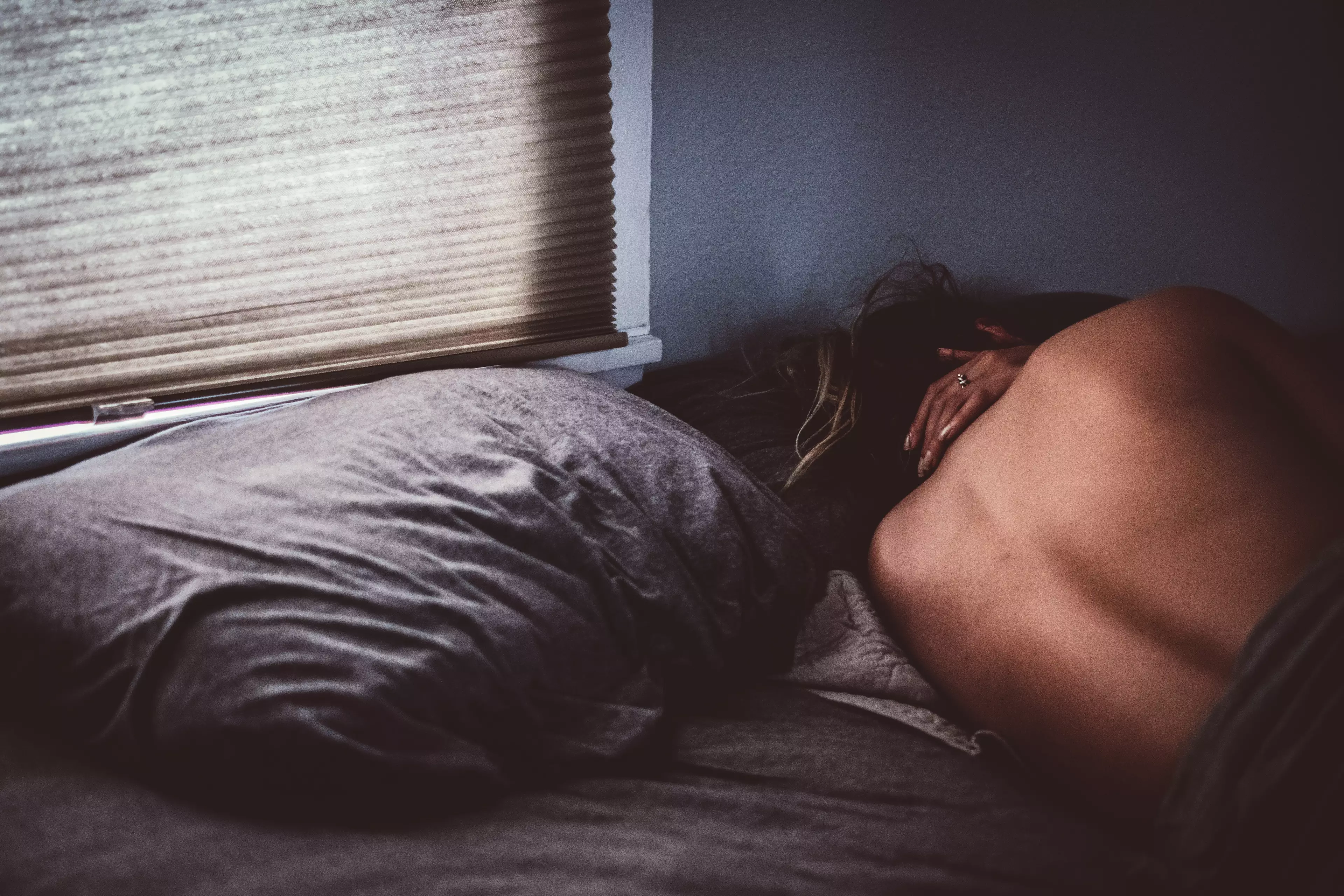
Dr Elizabeth Hawke's tips for reducing 'hangxiety'
1. It may sound obvious, but moderate your alcohol consumption, and alternate alcoholic drinks with a soft drink option.
2. Drink a pint of water before bed.
3. Eat before going to bed - a trip to the kebab shop is actually very helpful from a physiological point of view and targets low blood sugar.
4. The morning after, eat food that's nutritious and rich in brain-boosting omega, like eggs and avo.
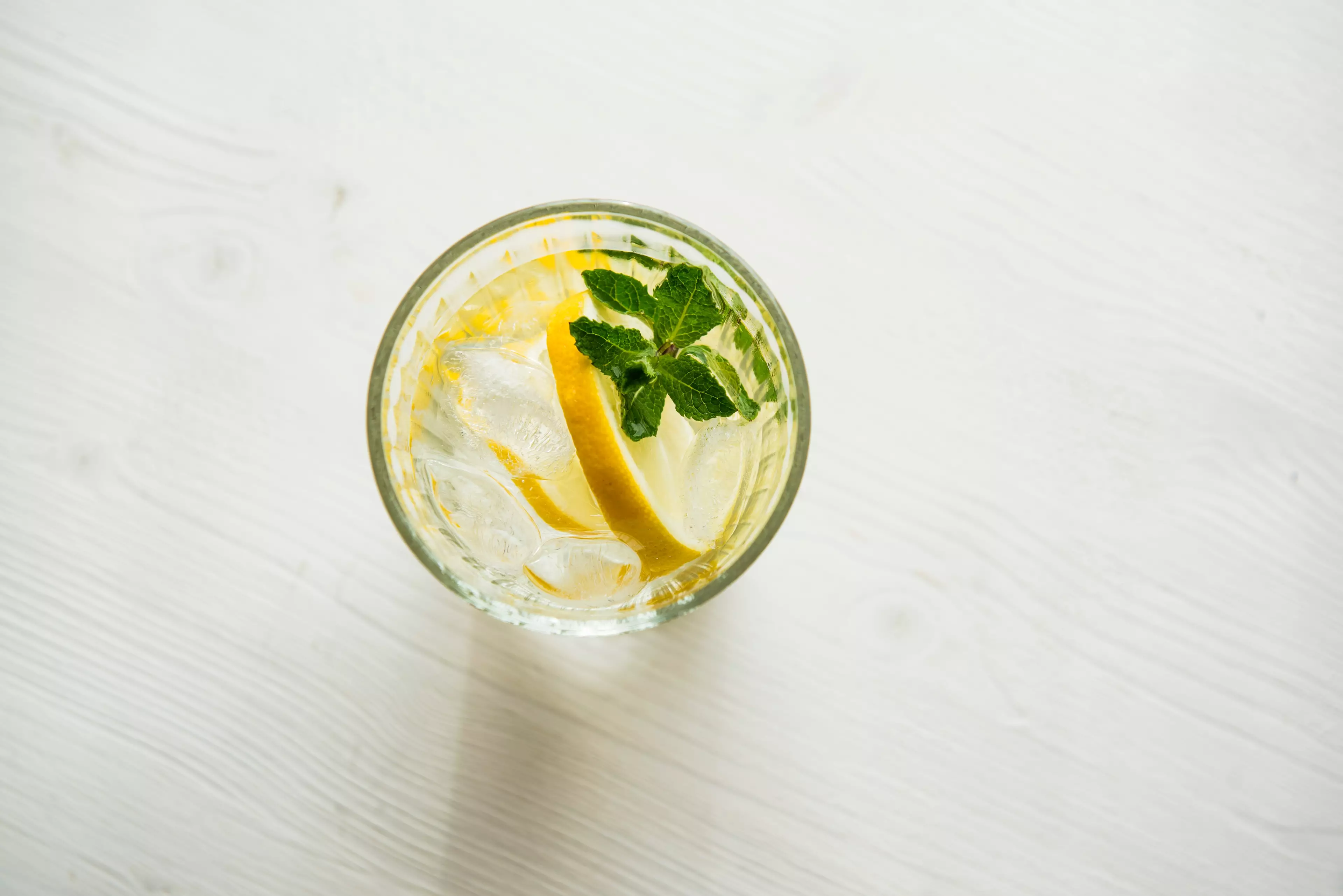
5. Take Ibufrofen, which is said to be more effective than Paracetamol for a hangover, being anti-inflammatory as well as a painkiller.
6. Avoid fatty fry-ups - while tempting, they contain salt which increases dehydration and, as a result, heart-rate.
7. Get up and out of the house - a whole day indoors increases feelings of guilt.
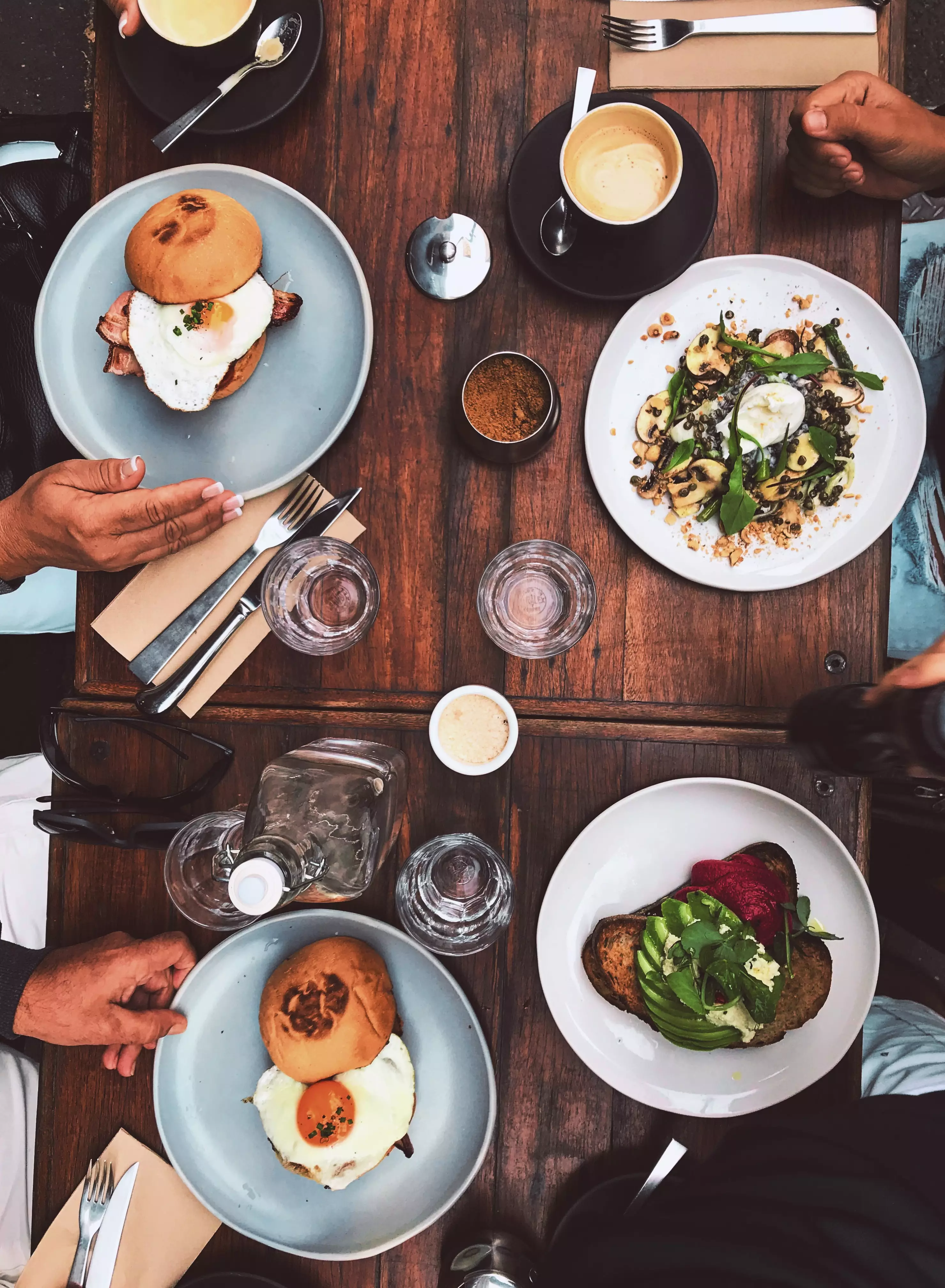
8. Do a task, no matter how small, to give yourself a sense of accomplishment.
9. Be sociable and see friends. A debrief on the night before is actually incredibly helpful.
10. While the thought of exercising on a hangover is horrific, a low-impact option such as yoga or a strength class will give you a beneficial rush of endorphins and help calm the mind.
Featured Image Credit: Unsplash